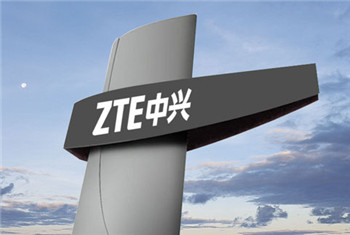
It is hard to imagine why shareholders would cheer when a company overpays for an asset. On Tuesday, Hong Kong and China-listed communications equipment maker ZTE said it had earmarked up to $160m for a share buy-back. The (China-listed) A shares opened 10 per cent higher — the maximum upside limit — while the (Hong Kong-listed) H shares opened 31 per cent higher.
当一家公司为某项资产支付过高的价钱时,很难想象股东怎么会感到高兴。周二,在香港和内地两地上市的通信设备制造商中兴通讯(ZTE)表示,已划拨至多1.6亿美元进行股票回购。(在内地上市的)A股开盘上涨10%,达到单日涨幅上限;在(香港上市的)H股开盘上涨了31%。
The issue is not the buyback per se, although these benefit holders and sellers unequally. Nor is it that the shares are not especially cheap: before Tuesday’s pop, both A and H lines traded around their five-year average multiples of forward earnings. It is the choice of which line to buy. ZTE will buy back A shares, which are a third pricier than H shares.
问题不在于股票回购本身,尽管股东和股票卖家从此类举措获得的好处是不平等的。中兴股票也并不特别便宜:在周二的决定公布前,中兴的A股和H股的市盈率都大致处于5年平均水平。问题在于选择回购哪一只股票。尽管其A股比H股贵三分之一,但中兴选择了回购A股。
The choice may be symbolic — a reply to China’s call to support mainland markets. But it is also a substantive reminder: in China, politics comes before shareholder value.
这个选择或许是象征性的——回应政府提出的支持内地市场的号召。但这个选择同时也是一个实质性的提醒:在中国,政治高于股东价值。












